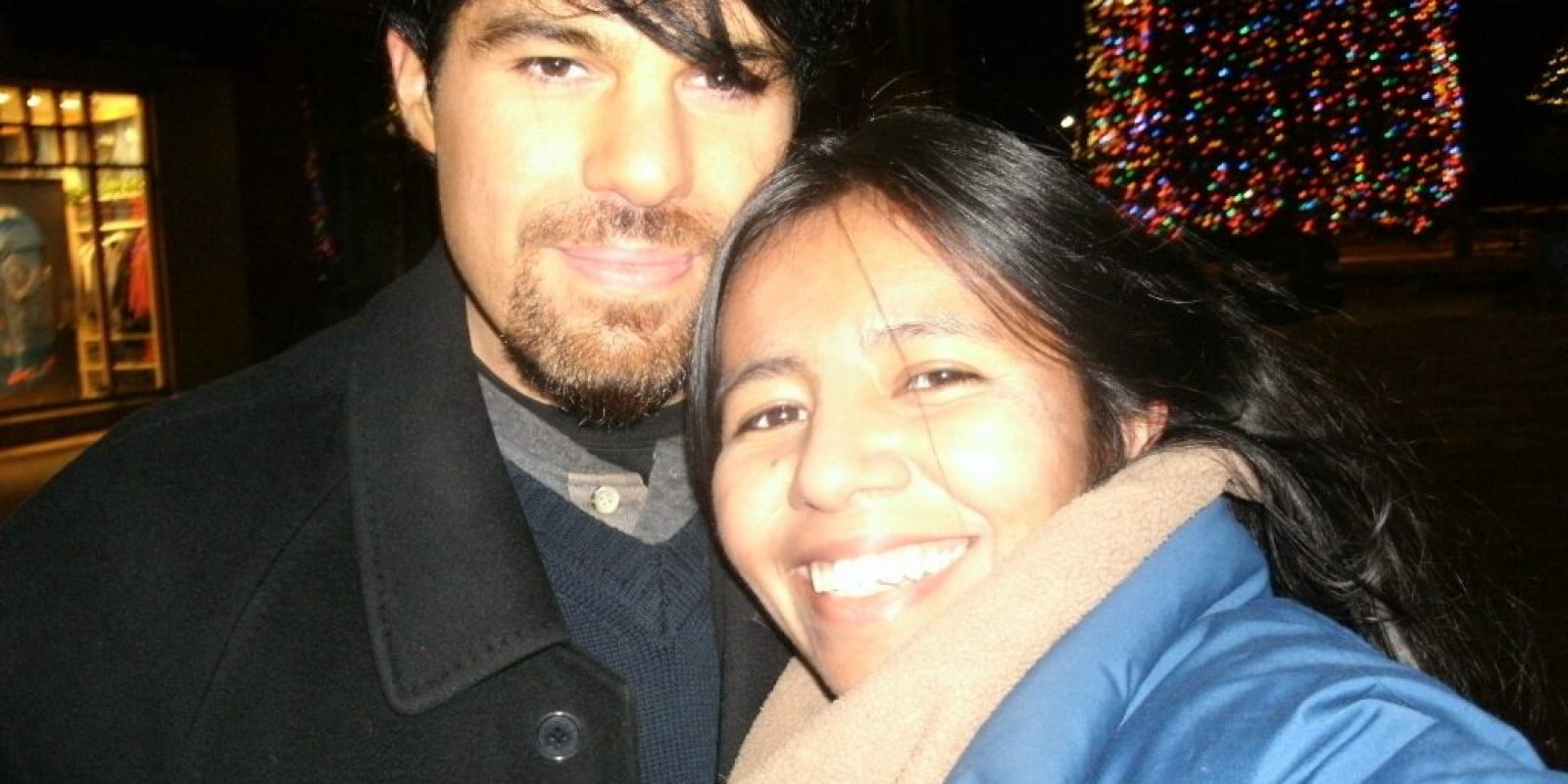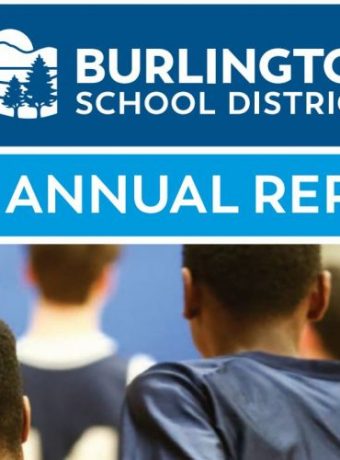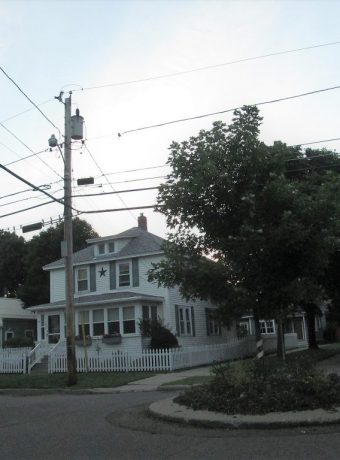Today the Combating Online Infringement and Counterfeits Act (COICA) passed the Senate Judiciary Committee on a 19-0 vote. COICA would empower the attorney general to get court orders barring Internet providers from routing their users to sites suspected of copyright infringement.
Many people are concerned about this due to the possible unintended consequences that these types of government actions often have. Read the COICA Fact Sheet by DemandProgress.org for more details and reasons to be against it. They also have a petition to sign if you like.
While at first the idea of a bill that allows the government to prevent access to websites that are breaking the law seems ok, but who sets the standards?
What will happen down the road if the precedent is set that it’s acceptable for the current Attorney General to blacklist a website that he or she feels is “dedicated to infringing activity,” simply with a court order?
We really need to be careful with this kind of thing. We must remember that the people in power change and if you feel safe with the current people in power, you must realize that it will not always be them in control and eventually your freedom to view or express what you like online could be censored by an administration that doesn’t believe you have the right to express or view these ideas?
Law professors and internet engineers have expressed their concerns with the bill….
– Ninety-six pioneering Internet engineers have signed an open letter calling COICA a dangerous, unsound measure that would “risk fragmenting the Internet’s global domain name system.” The man who invented the Web itself, Tim Berners-Lee, doesn’t like this bill, either.
– Forty-nine law professors signed their own letter calling COICA “an unconstitutional abridgment of the freedom of speech protected by the First Amendment.”
I think we really should continue with the current process of allowing any complaints to go through the normal court process. I believe this push by the media companies is due to recent losses of cases by them against YouTube.com, where YouTube.com was claimed to not be enforcing copyright protections. However, the courts found that as long as YouTube.com was taking down the videos that were in violation within a timely manner after being notified, they were not at fault.
Of course the media companies would prefer an easier solution than having to notify websites like YouTube.com every time they find material that violates their copyright, so then enters the COICA bill. Now, they would probably just need to convince the Attorney General to add a site like YouTube.com to the list and they would be all set. This is why representatives for Google, Amazon and Ebay were all in attendance pushing for this bill not to be passed. They understand the risks involved. Google owns Youtube.com, so of course they are concerned. Ebay and Amazon have problems with people posting counterfeit goods for sale, so they are at risk as well.
Follow the Money!
Now why would someone like Leahy who has had a reputation for being good at protecting freedom of speach propose such a bill. Well, I say follow the money. If you check out Leahy’s campaign contributions, you will see that 3 of the top 5 contributor sources are media companies (Time Warner, Walt Disney and Vivendi). Time Warner (3rd largest donor) is the company behind The Dark Knight, the movie that Leahy got a small part in. I would guess that his relationship with the film/company and the campaign contributions plays no small part in why he is supporting this bill to make things easier for them.
Unfortunately, in this case, it appears that Leahy is working to protect the interests of the media companies… not for our freedom of speech online.
It’s quite ironic that while President Obama recently urged repressive regimes around the world to stop censoring the Internet, Leahy and other congressmen proposed to censor the Internet here at home.



